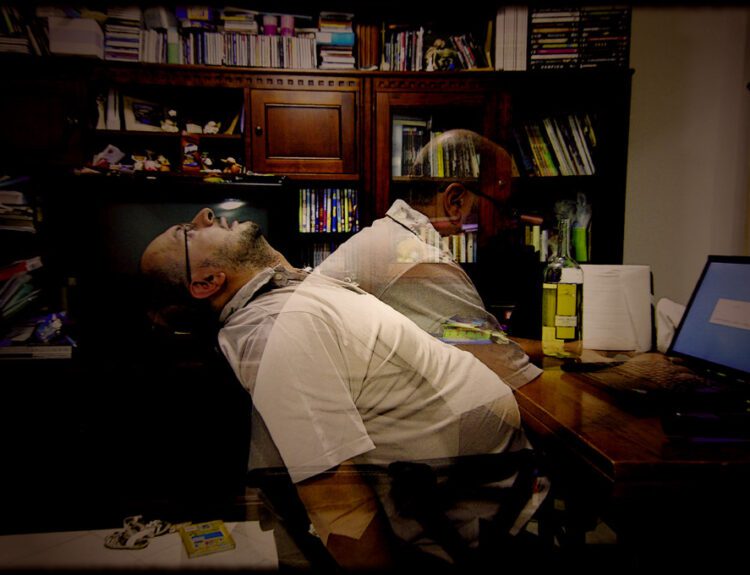Happiness — it’s what we all seek, yet often struggle to find. We search for it in people, achievements, money, and experiences, but it slips through our fingers like sand. Why is it that something as simple as joy feels so difficult to attain? The truth is, most of us misunderstand the very nature of happiness.
In this blog, we’ll dive deep into how to be happy, exploring ancient wisdom, relatable analogies, and modern psychology to uncover a powerful truth — happiness is simple, but we complicate it. Let’s begin.
How to Be Happy: Understand That You Can’t Always Be Happy
The first and most important truth is this — you cannot always be happy, and that’s okay.
Life comes with ups and downs. If you want to truly experience happiness, you must also be willing to understand sorrow. Like heat and cold, one cannot exist without the contrast of the other.
“Only the one who has tasted sorrow can appreciate true happiness.”
Why We Struggle with Happiness: The Complexity of Simplicity
Believe it or not, being happy is the easiest thing in the world. But because it’s so simple, we don’t value it. We ignore it. We chase complicated answers, thinking that happiness must be hidden in a magical formula or major life achievement.
Think about breathing. It’s the most vital act of your life, and yet — we rarely notice it. But if you ever struggle to breathe, it becomes the only thing you can focus on.
Similarly, we ignore the blessings in our lives — until they’re gone. Gratitude and awareness of what we already have is often the gateway to happiness.

How to Be Happy: A Simple Mental Exercise
Let’s try something powerful.
Close your eyes and imagine that everything you love — your family, your friends, your home, your meals — is suddenly gone. You wake up and it’s all vanished. You beg for it to come back.
And then… it does.
Now open your eyes. How do you feel?
That deep sense of relief, love, and appreciation — that’s happiness. Not in gaining something new, but in recognizing and valuing what you already have.
The 3 Traps That Steal Our Happiness
Most people unknowingly fall into one of three patterns every day that sabotage their joy:
1. Wanting
We’re raised in a society that tells us happiness comes from achievements or possessions. A new phone, a better job, a fancy vacation — we think these things will fulfill us. But the happiness they bring fades quickly.
2. Rejecting
We constantly resist what is. Complaining about the weather, criticizing others, disliking ourselves — all of this rejection creates inner conflict, and where there is resistance, happiness cannot flow.
3. Zoning Out
We often “check out” mentally during mundane tasks — commuting, waiting, scrolling through our phones. Our minds drift to past regrets or future worries, and we lose touch with the present.
These three mental habits — wanting, rejecting, and zoning out — consume more than 99% of our daily thoughts, leaving very little room for actual happiness.
How to Be Happy: The Power of Mindfulness
The fourth way of being — and the key to lasting happiness — is mindfulness.
Mindfulness is the opposite of zoning out. It’s the ability to fully focus on the present moment — on what’s right in front of you. No judgment, no distraction, no past or future — just full awareness of the now.
It’s the feeling you get when watching a sunset, holding a newborn, or seeing the Earth from space — a deep, pure appreciation for life as it is.
When you live with mindfulness, there’s no space for craving or negativity. You stop chasing happiness and begin experiencing it.
How to Be Happy Through Meditation
The best way to cultivate mindfulness is through meditation. While it may sound cliché or mystical, meditation is simply the practice of observing your thoughts and returning to the present.
Studies have shown that meditation:
- Increases emotional well-being
- Reduces anxiety and depression
- Boosts focus and clarity
- Improves sleep and overall health
By dedicating just 10–20 minutes a day to meditation, you train your mind to be more present and more resilient. Over time, this presence brings consistent, grounded happiness — not based on achievements, but on awareness.
Conclusion: Stop Searching, Start Noticing
So if you’re still wondering how to be happy, remember this:
- You don’t need to acquire more.
- You don’t need to change your life.
- You just need to notice it.
Happiness is already present — in your breath, in your relationships, in your morning coffee. Don’t wait until it’s gone to realize its value.
Practice gratitude. Train your awareness. Let go of the chase.
That’s how to be happy — truly, deeply, and lastingly.
Want to go deeper? In the next post, we’ll explore the scientific benefits of meditation and how to start your own mindfulness journey. Stay tuned!







